The Denver Broncos and local sheriff departments and police departments joined forces Tuesday to host Special Olympics athletes for 60 minutes of an all-ability clinic. (Photos: Aric DiLalla)
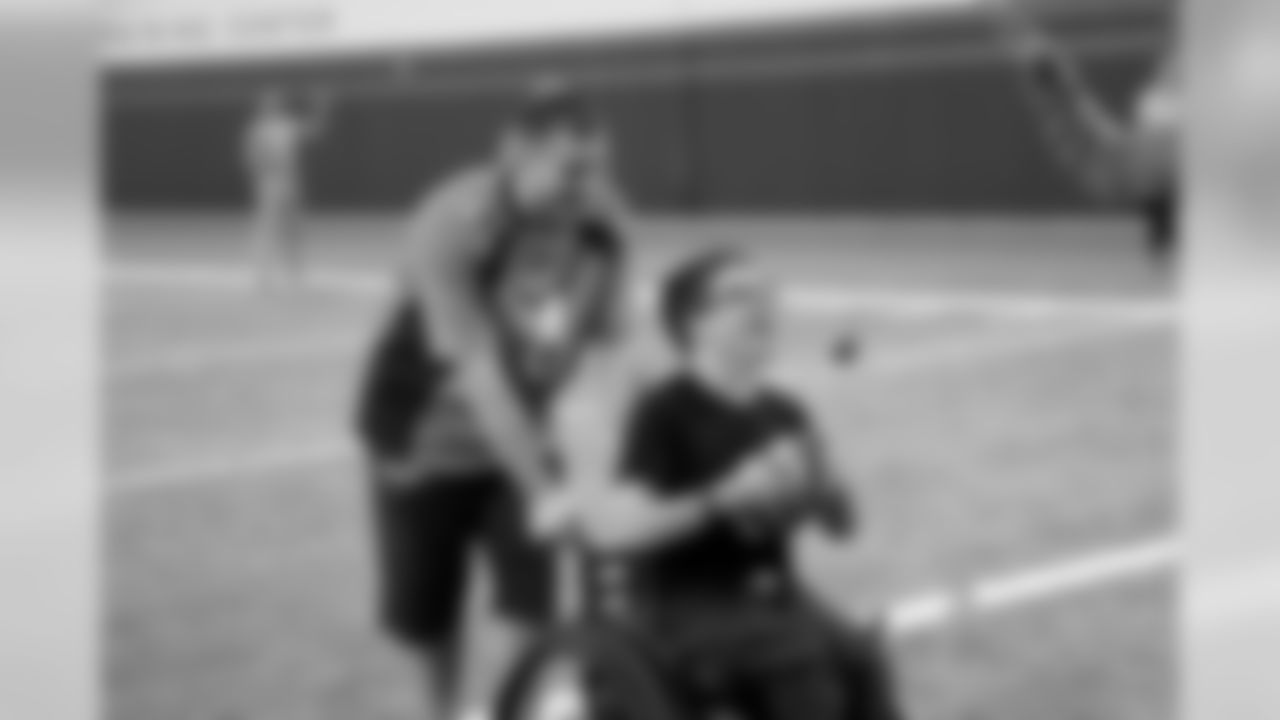

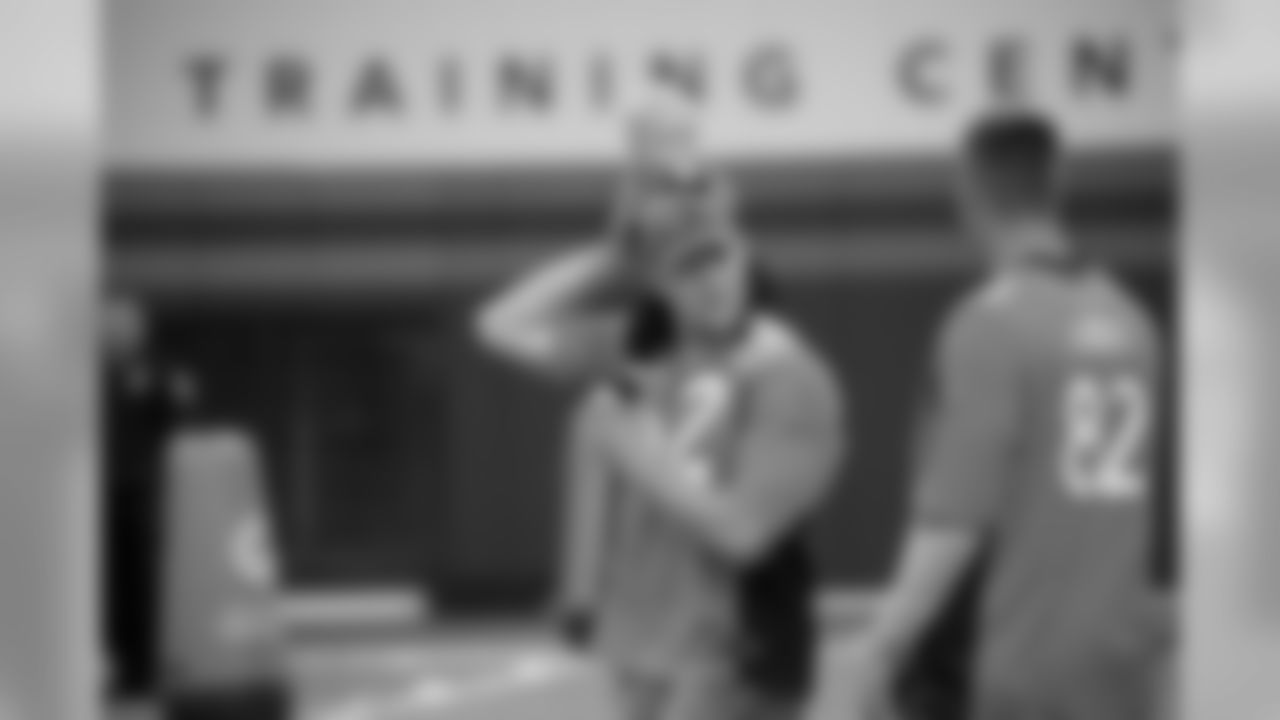

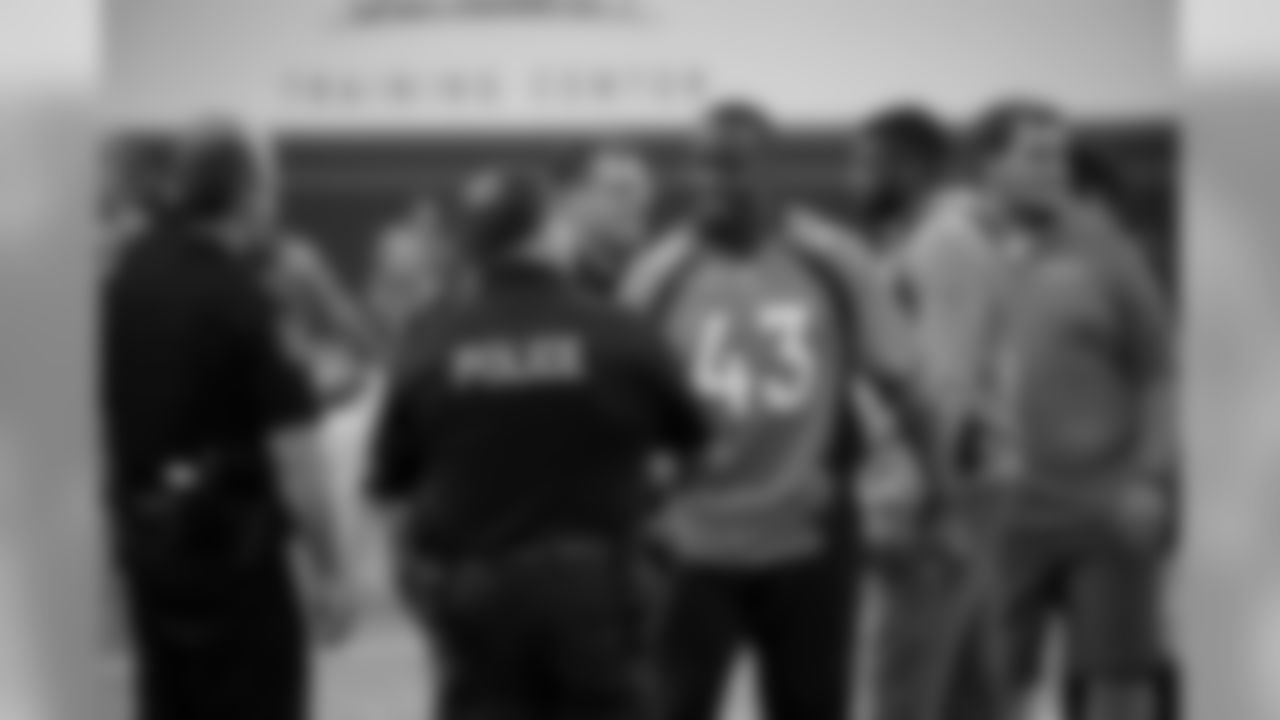
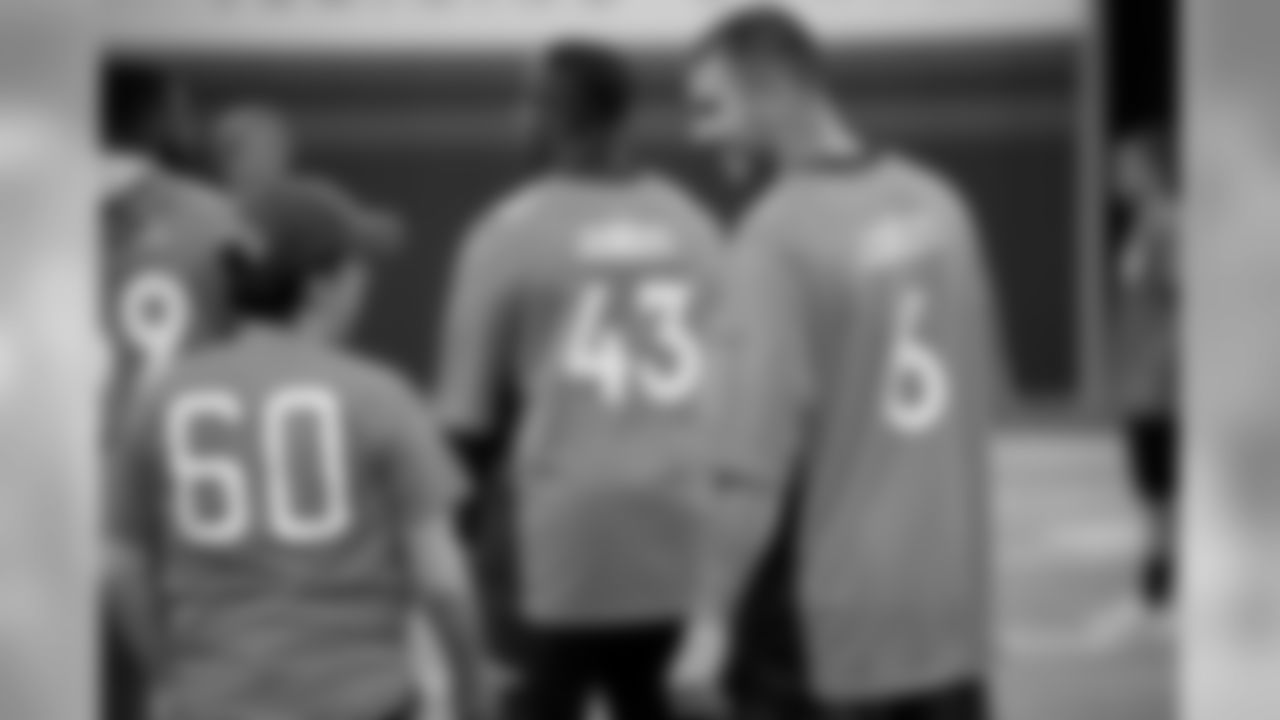
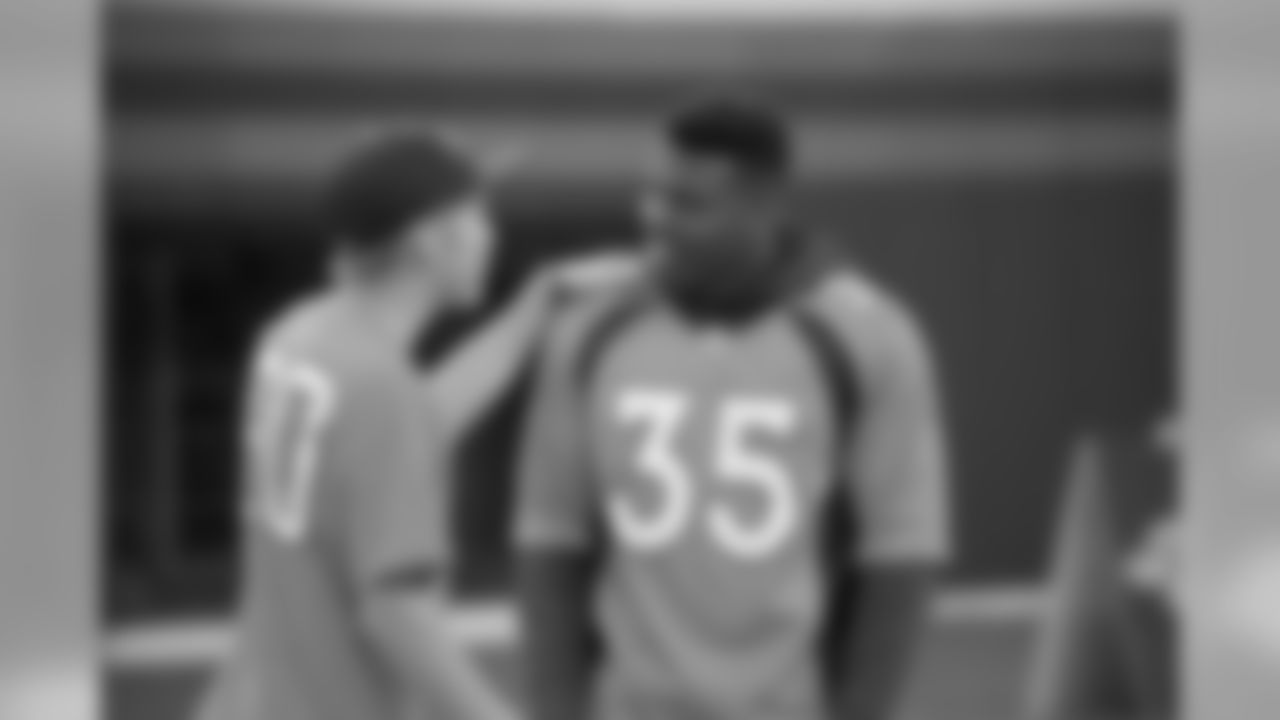

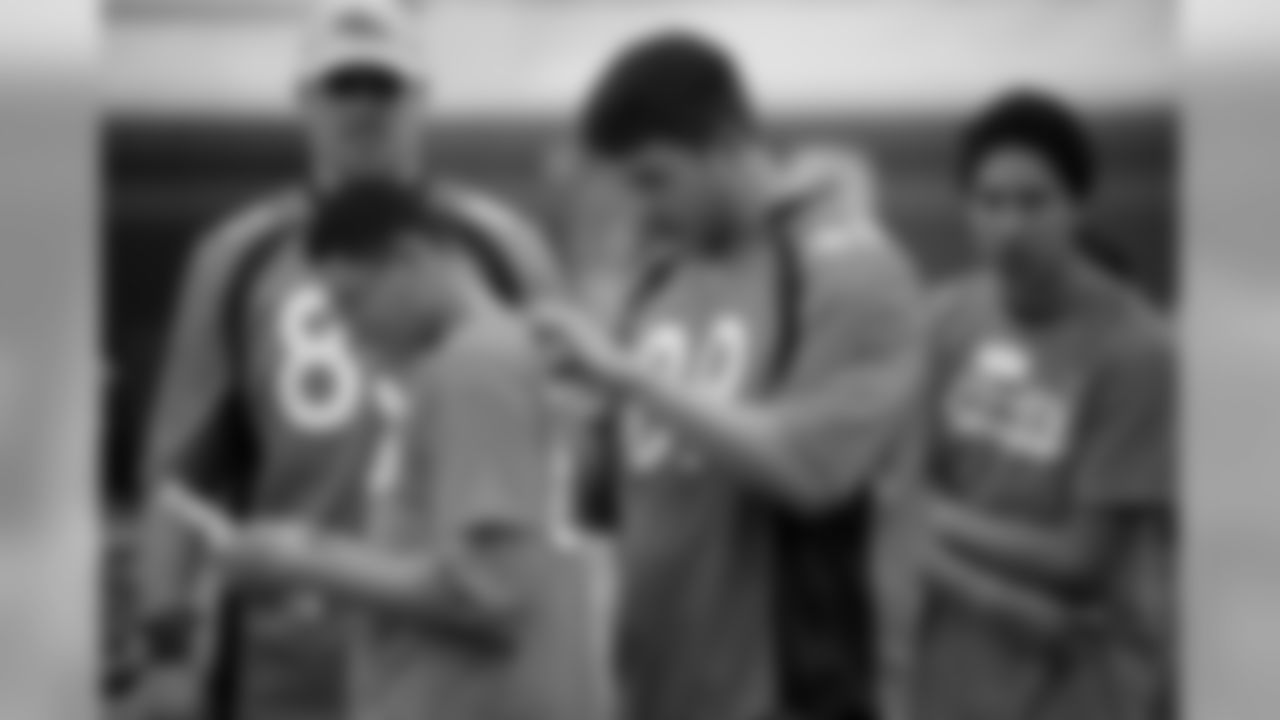

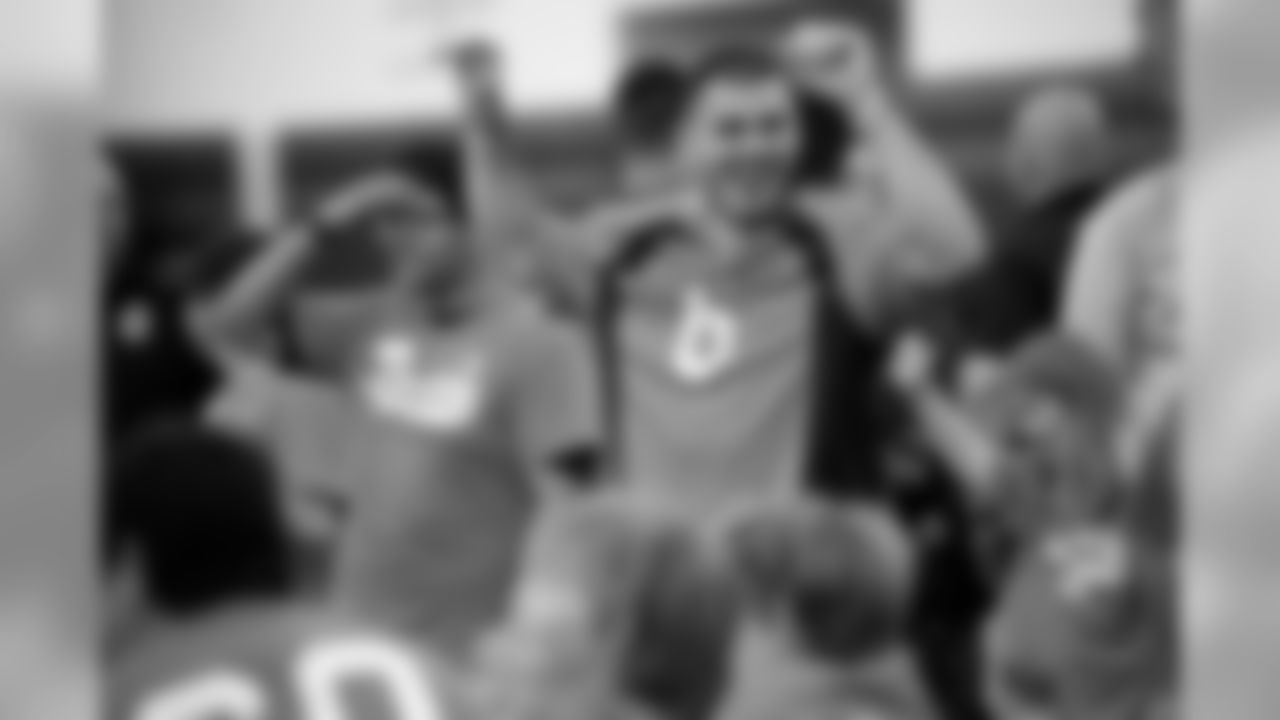
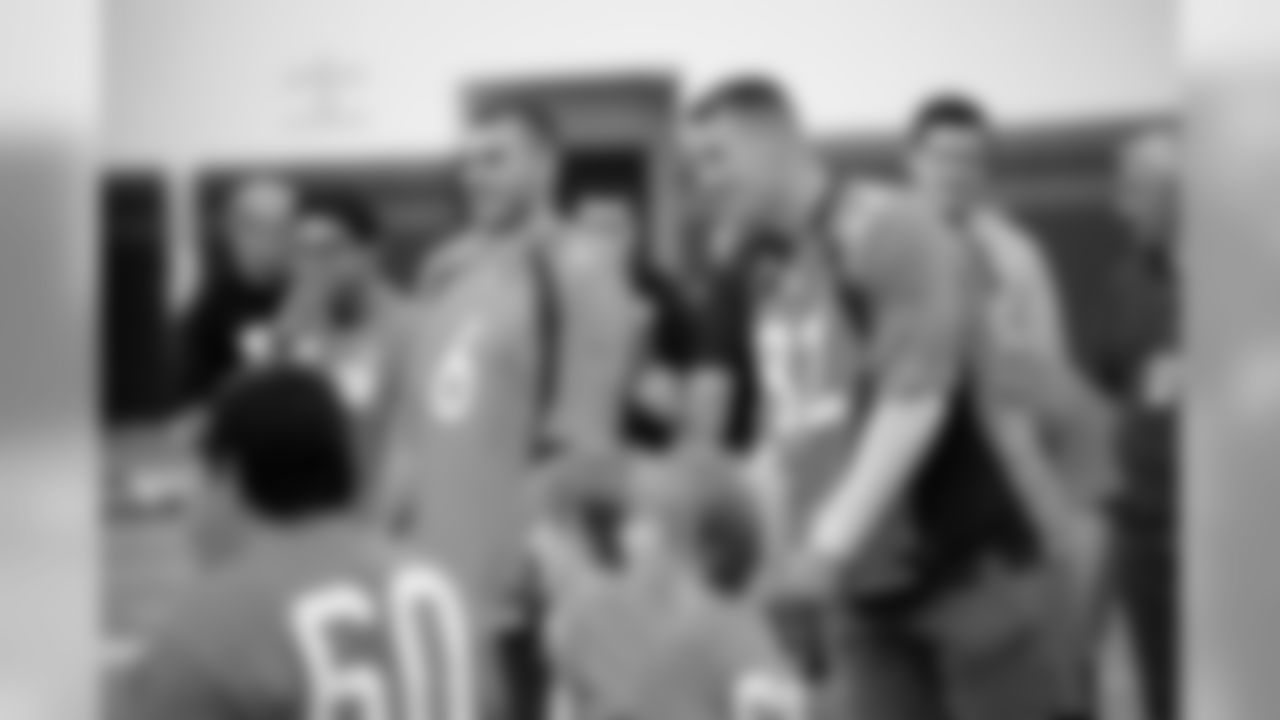


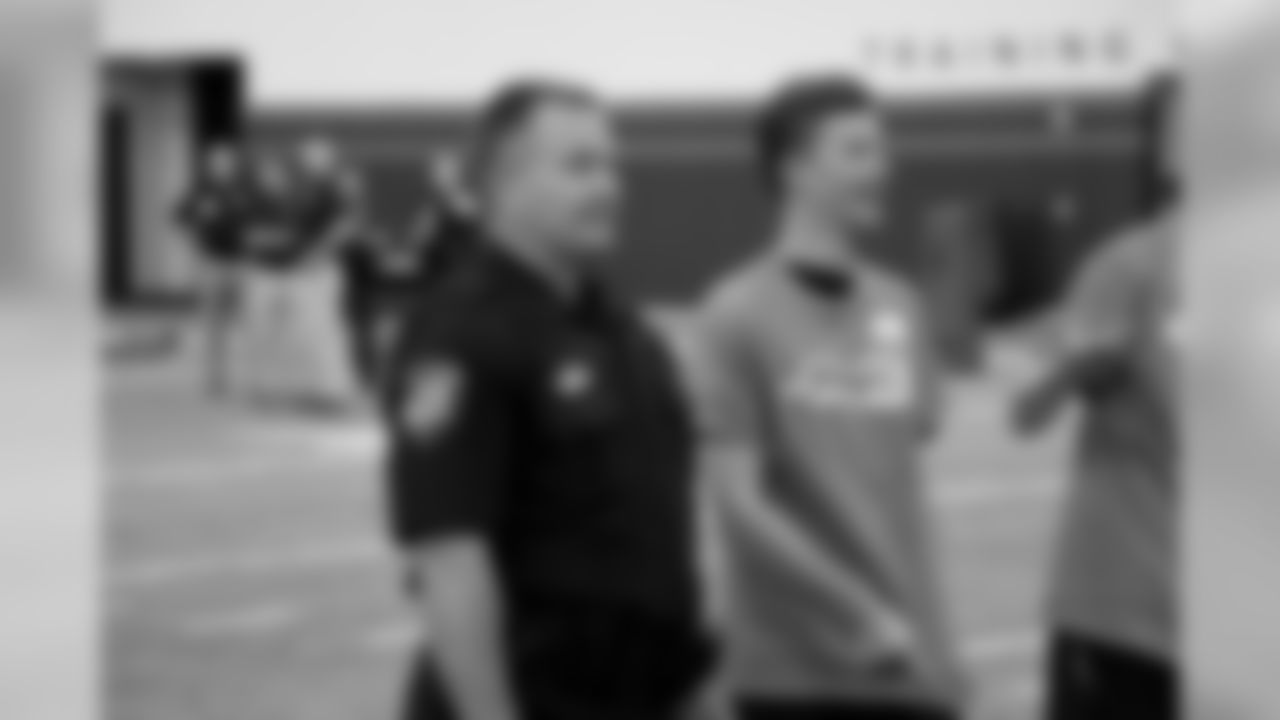
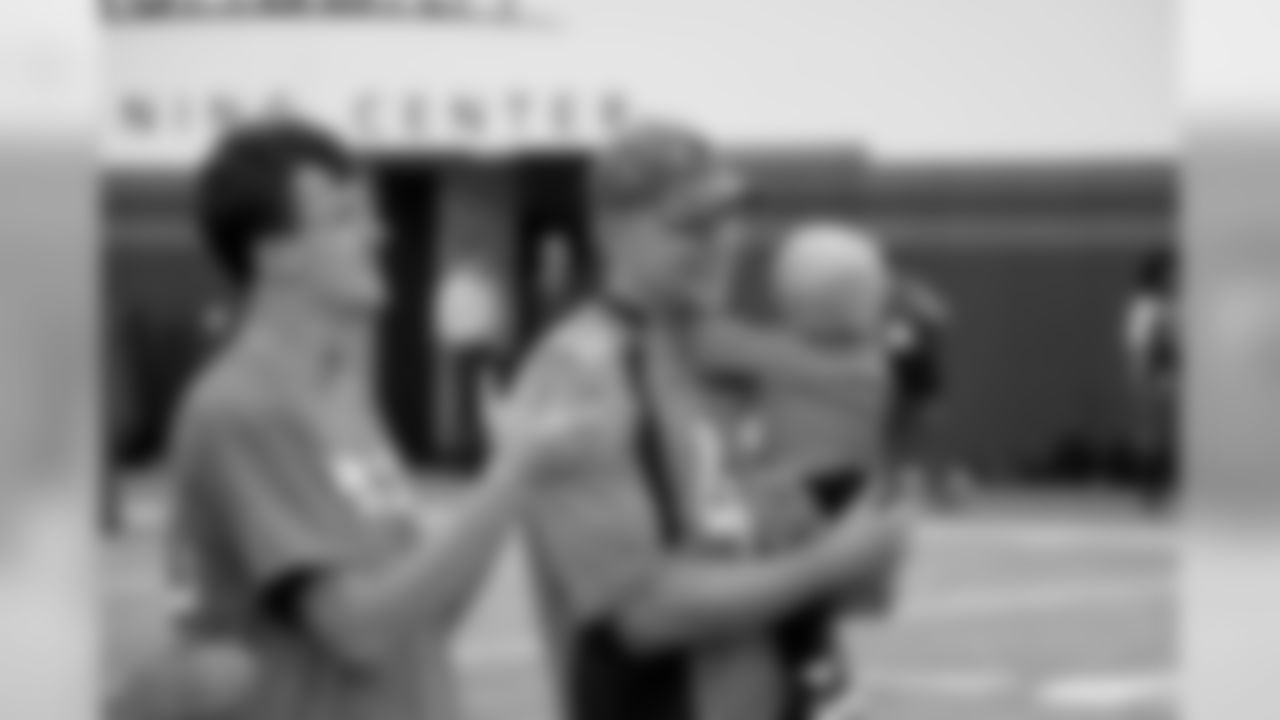
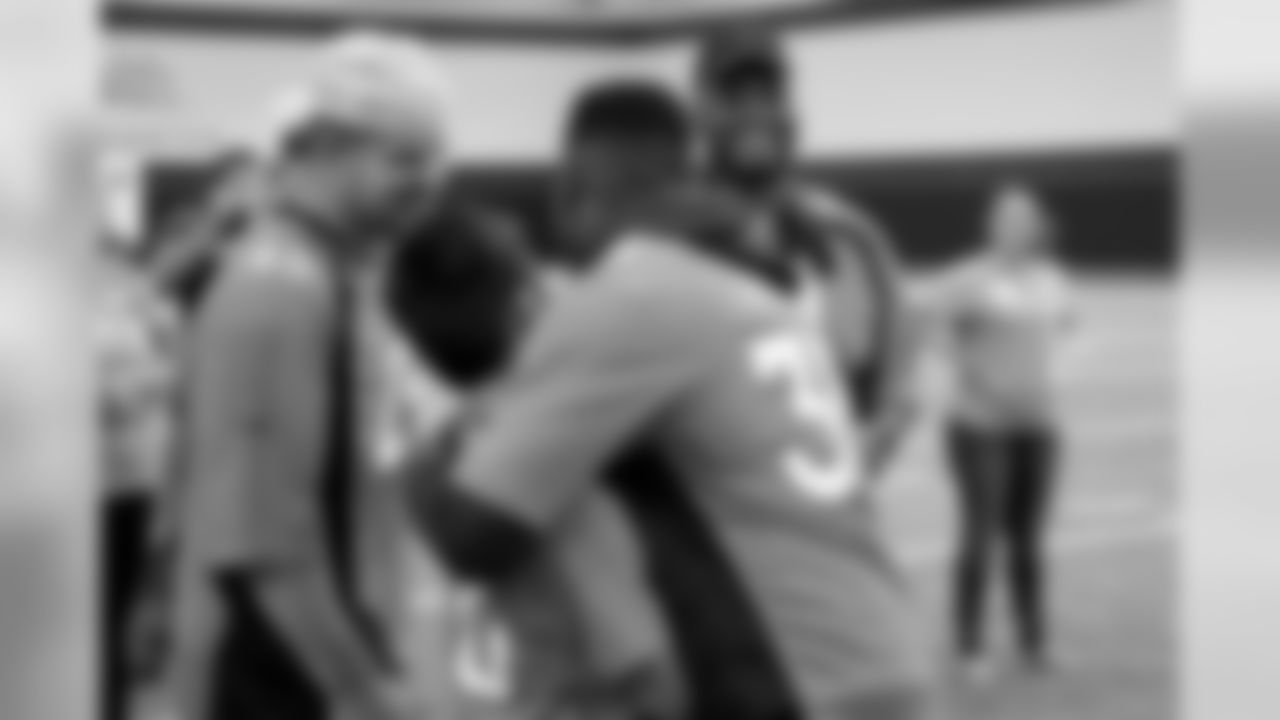
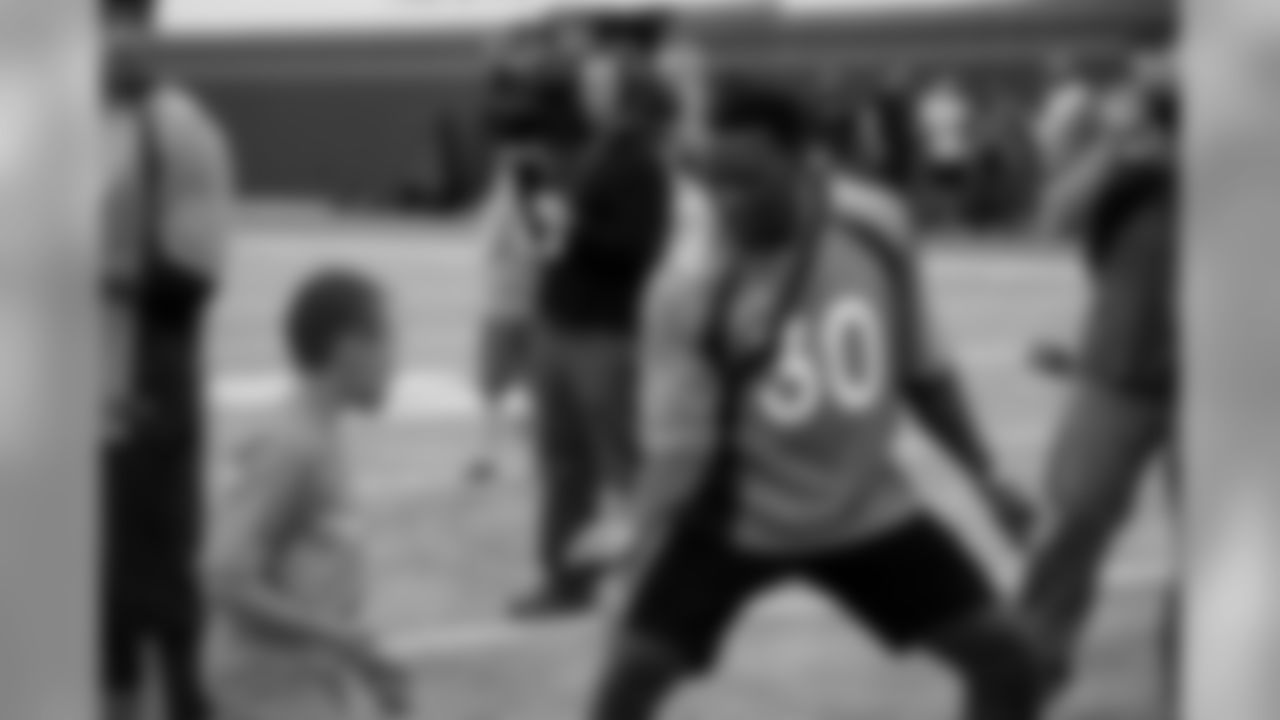
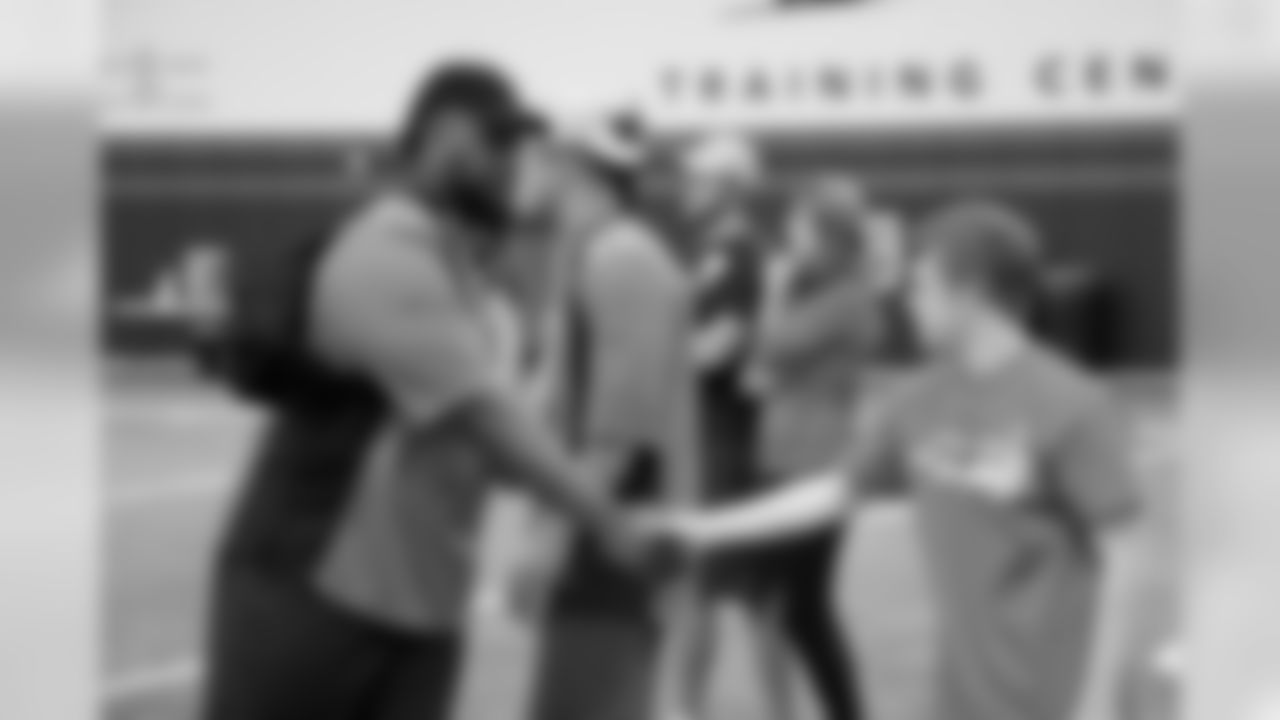


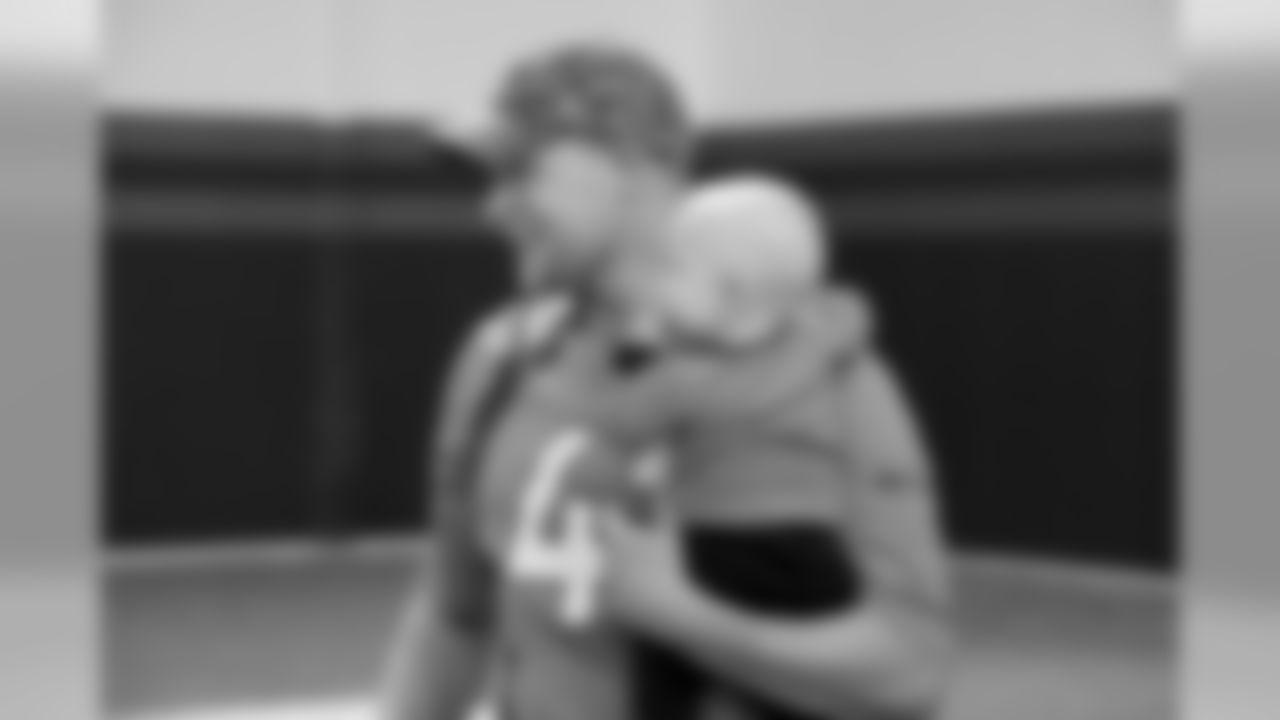

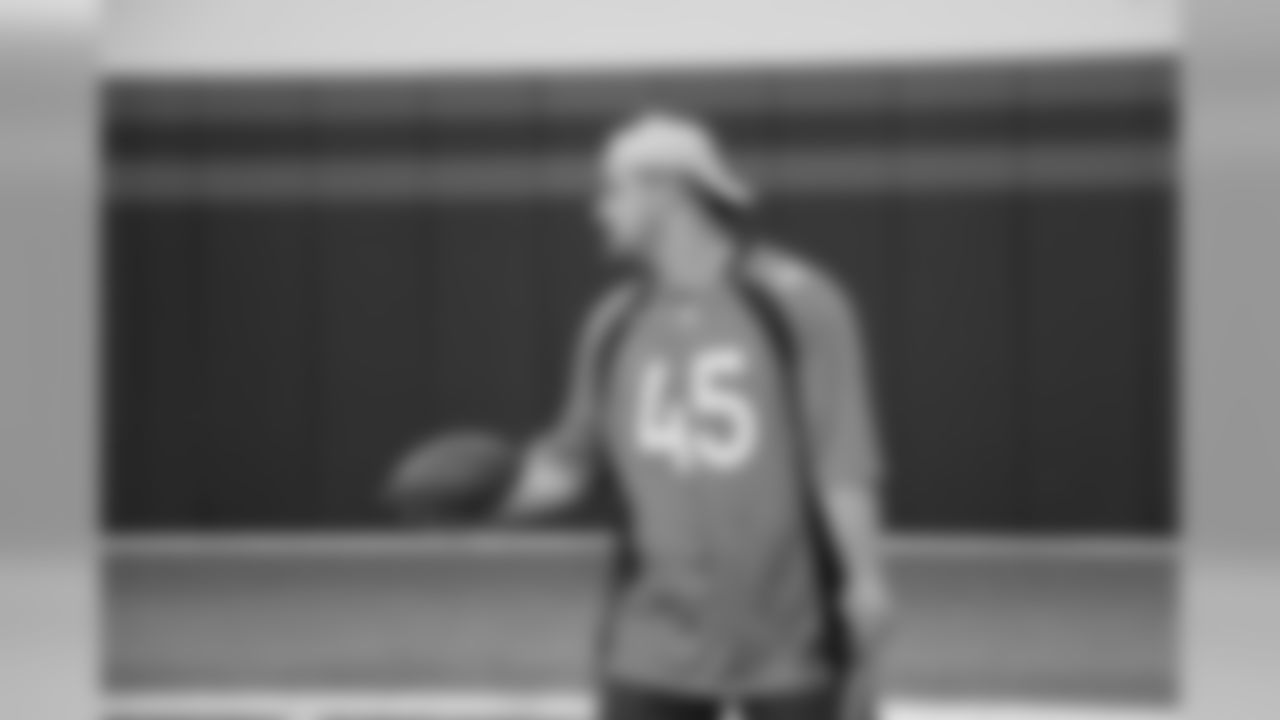



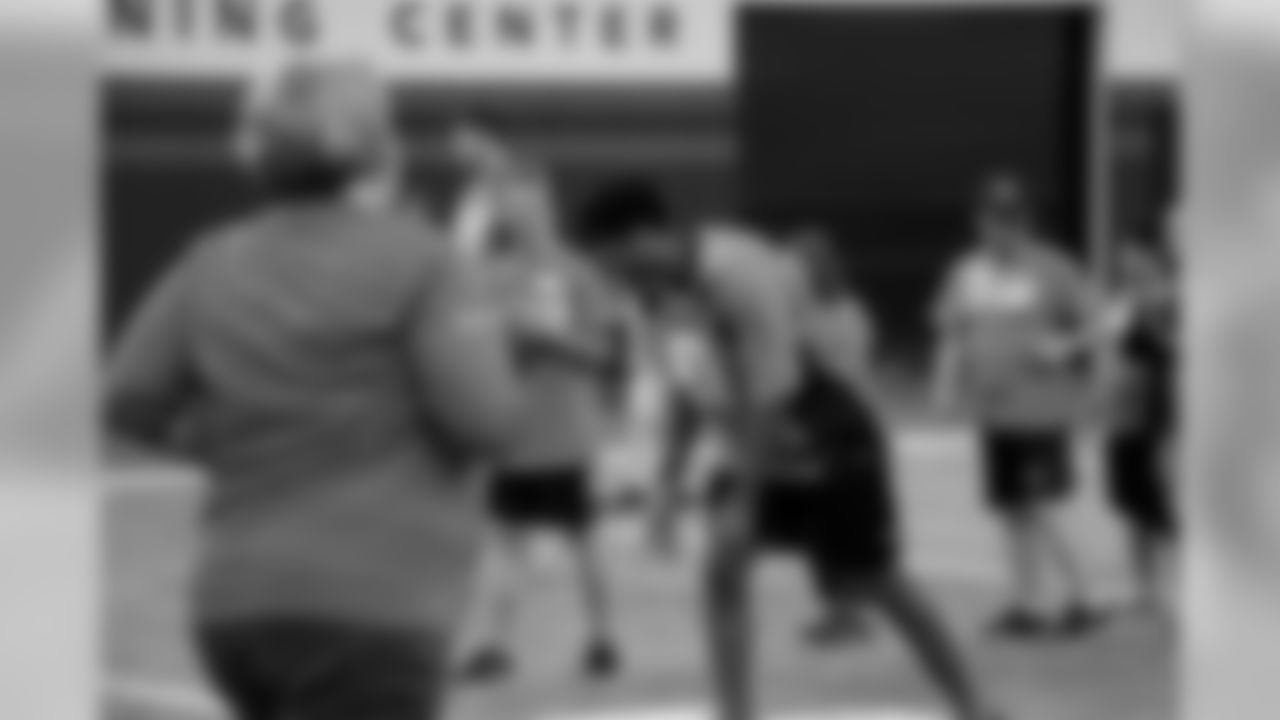

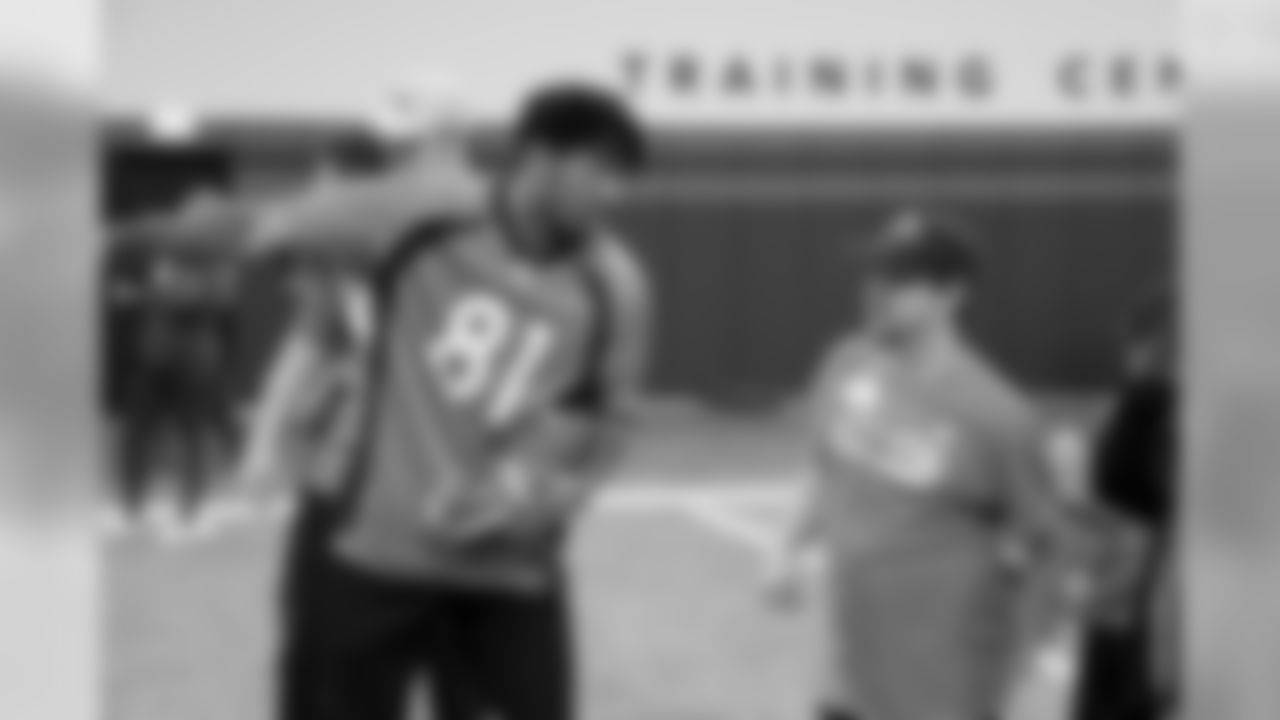
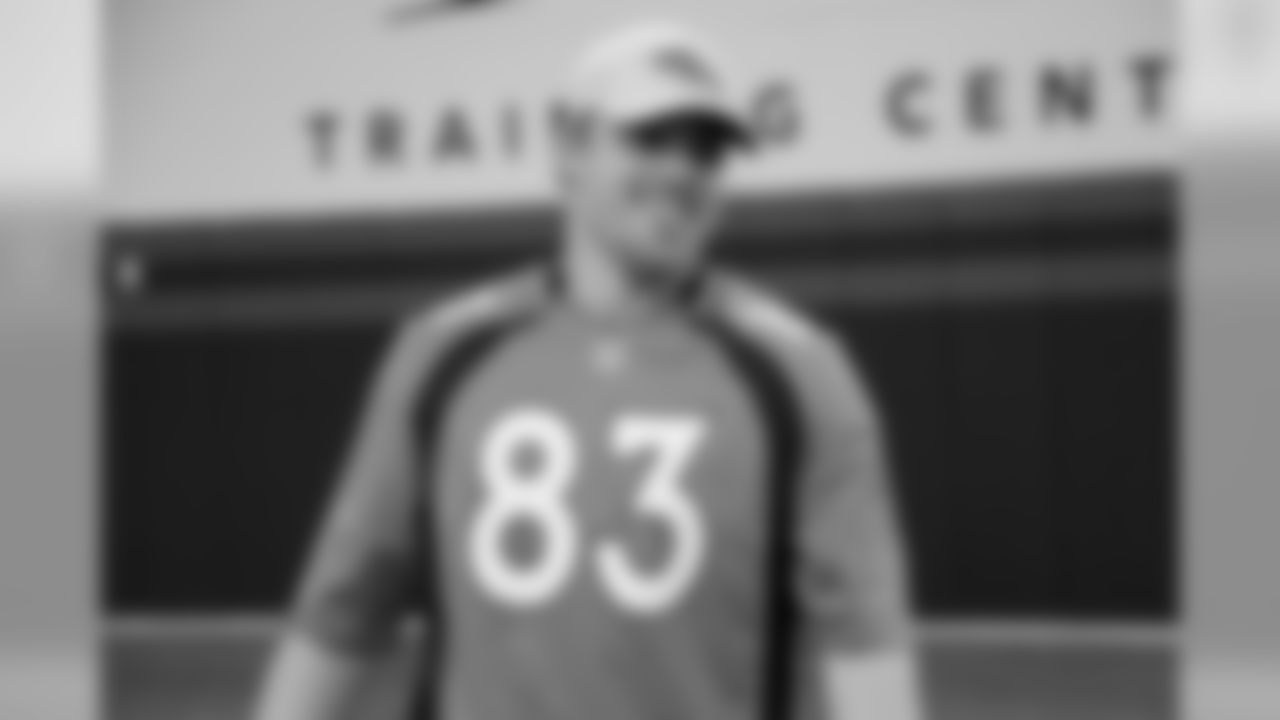

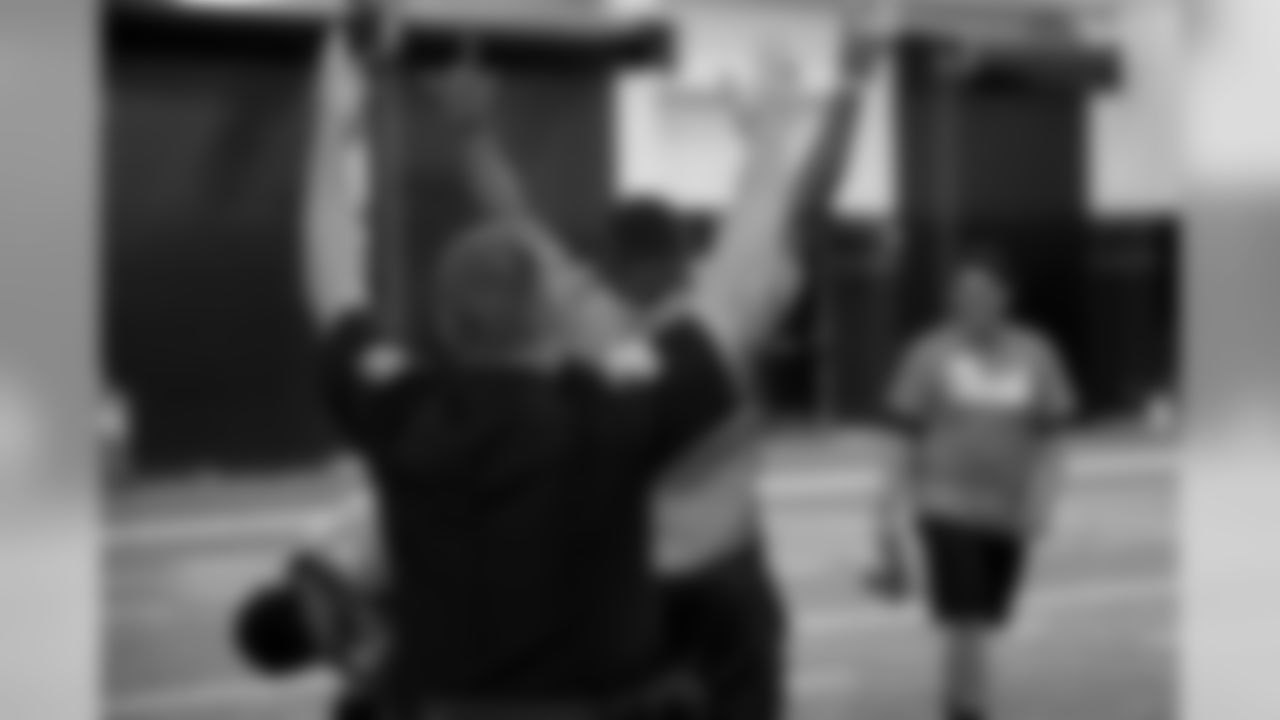
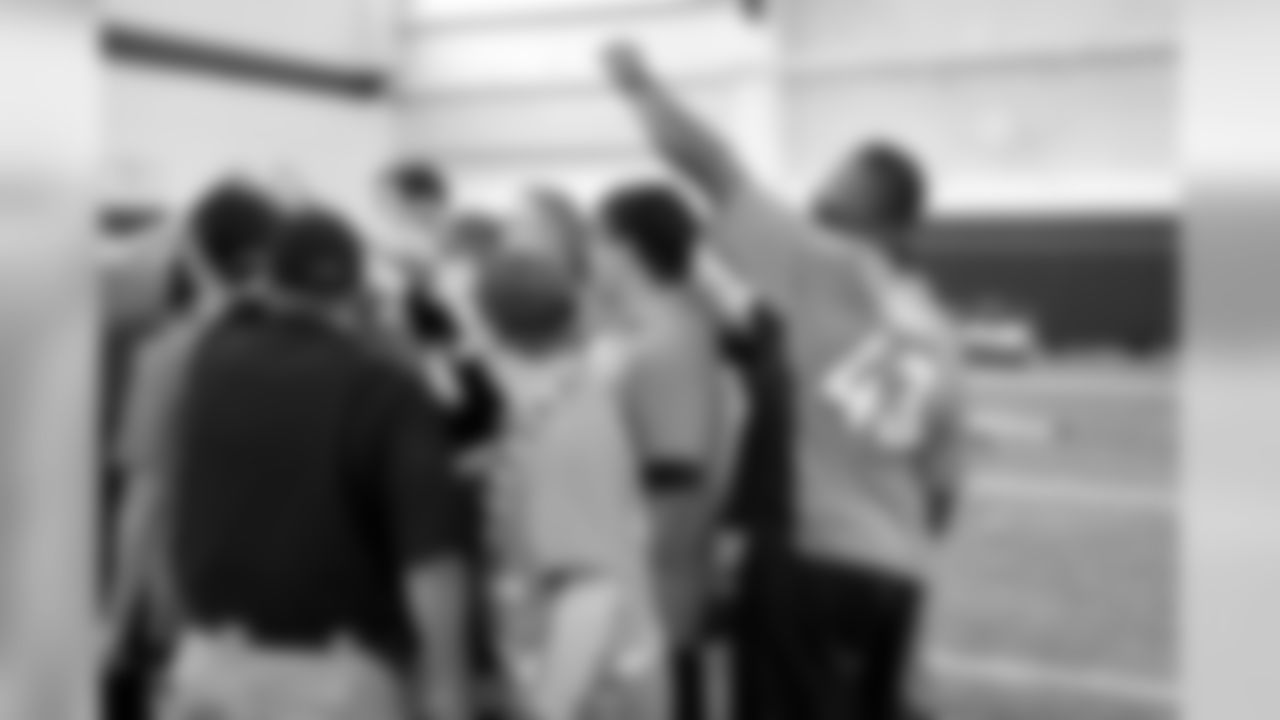
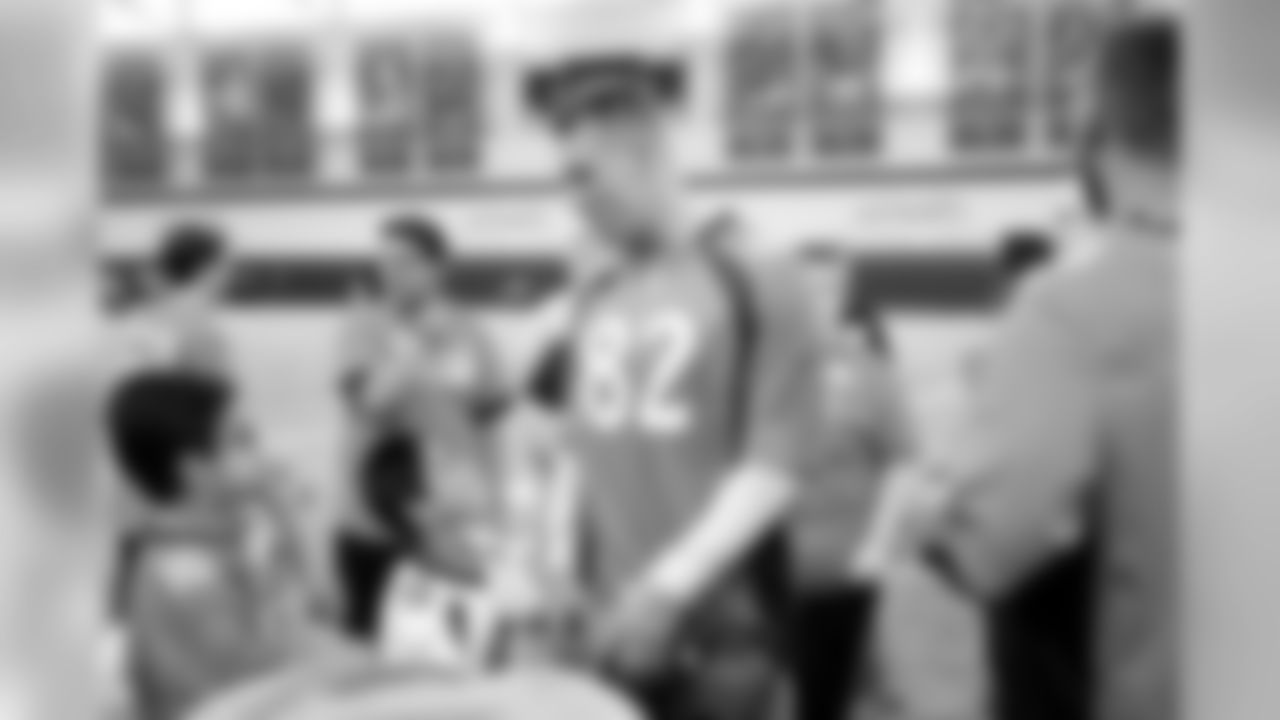

ENGLEWOOD, Colo. — As more than 100 Special Olympians participated in a PLAY 60 All-Ability clinic on Tuesday, it seemed right that Broncos players and local officers and deputies worked alongside each other.
The event gave the Broncos a chance during National Law Enforcement Appreciation Week to show their gratitude to the men and women who serve the community, and it gave deputies the chance to again serve a familiar charitable organization.
Law enforcement agencies have made a big impact on Special Olympics over the course of the past year. In Colorado, those agencies raised over $900,000, according to sheriff's deputy Brian McKnight.
They continued that positive impact at the Pat Bowlen Fieldhouse.
"This is a great awareness event where we get to come out and just have fun with these kids," McKnight said. "We get to see them do things they normally don't get to do, work with the athletes and just have a great time. So it is a positive event that we normally don't get to do. And that's why it's so fun to be here."
The event, though, also provided something more than a chance to experience an hour of fun with the Special Olympics athletes.
Law enforcement officers and Broncos players received the opportunity to speak with each other and to get to know the individuals behind the titles.
"They see what we do on Sundays, we see them driving around doing their jobs," linebacker Joe Jones said. "But it's nice to actually come together and communicate and work with these guys here, just to get to know each other and have that relationship with the police around here in the area. Just to build that relationship and that camaraderie, it's pretty awesome."
With that basic understanding in place, players and officers can begin to have the deeper conversations that may be otherwise inaccessible.

"It's harder to have those conversations with people that you don't know," Jones said. "Once you start a relationship with those people — even if it's just something like this where it's a few minutes with each other — … it really starts to make those conversations easier. People start to look at you more as people [as opposed to] officers or men and women of color. You start to say, 'Oh, that's Joe.' Or, 'That's Cliff.' You start to understand who they are as a person."
McKnight, who worked with Jones at a station for the better part of an hour on Tuesday, wholeheartedly agreed with the second-year player.
"That's the big part," McKnight said. "We're always open to talk. And there are things we need to talk about. And instead of avoiding that, let's show up and talk about it and work together to solve problems.
"That's what we're doing here today — working together to help out these Special Olympics athletes — and if we can talk about those other things, you betcha."
Jones will continue that outreach this week when he visits law enforcement officers with several of his teammates on Wednesday.
On Tuesday, though, Jones just appreciated the opportunity to speak with McKnight and, more importantly, help the young athletes enjoy their hour in the spotlight.
"To actually get to do something active with kids that have these abilities to come out here and have fun is amazing," Jones said.














